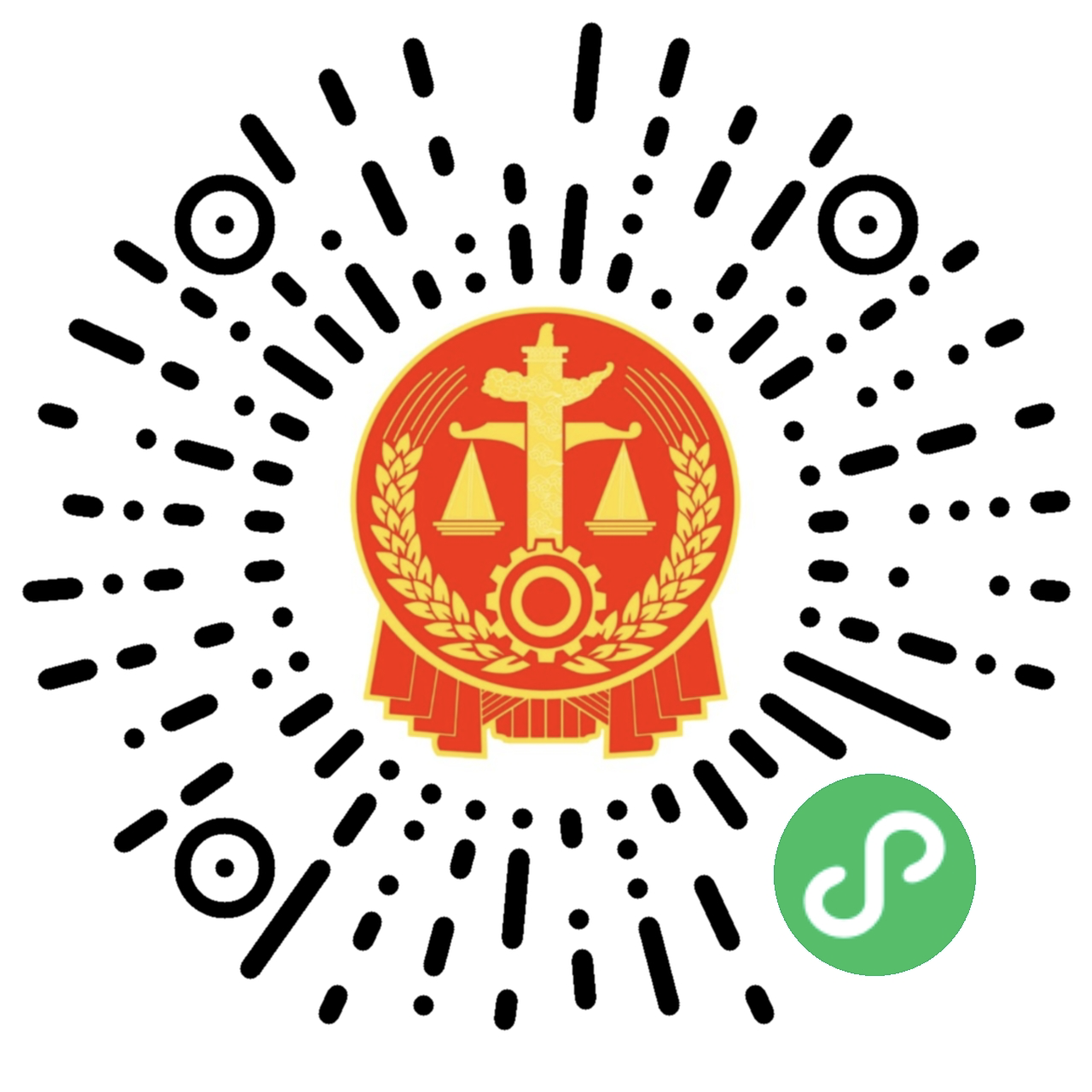中文 | English
Regulations of the Supreme People’s Court on Issues concerning Strictly Regulating the Extension of Trial Term and the Postponement of Hearing of Civil and Commercial Cases
Interpretation No. 9 [2018] of the Supreme People’s Court
The Regulations of the Supreme People’s Court on Issues concerning Strictly Regulating the Extension of Trial Term and the Postponement of Hearing of Civil and Commercial Cases, which were adopted at the 1737th Session of the Judicial Committee of the Supreme People’s Court on April 23, 2018, are hereby promulgated and shall take effect as of April 26, 2018.
April 23, 2018
Regulations of the Supreme People’s Court on Issues concerning Strictly
Regulating the Extension of Trial Term and the Postponement of Hearing of Civil and Commercial Cases
(Adopted at the 1737th Session of the Judicial Committee of the Supreme People’s Court on April 23, 2018, and effective as of April 26, 2018)
To safeguard legitimate rights and interests of litigants, the following Regulations on issues concerning the extension of trial term and the postponement of hearing of civil and commercial cases are issued pursuant to the Civil Procedure Law of the People's Republic of China, etc., combined with practical work of the people's court.
Article 1 A people’s court shall strictly abide by Regulations of laws and judicial interpretations concerning trial term when hearing civil and commercial cases. For cases of first instance to which ordinary procedure is applied, the trial term shall be six months; for cases of first instance to which simple procedure is applied, the trial term shall be three months. Where a people’s court adjudicates an appeal from a judgment, the trial term shall be three months; where a people’s court adjudicates an appeal from a ruling, the trial term shall be thirty days.
Where any extension of the trial term is necessitated by special circumstances as stipulated by laws, the sole judge or collegial panel shall apply to the president of the Court fifteen days before expiration of the term, and present detailed information and reasons. The president shall make decision five days before expiration of the term.
Where the case can’t be closed after the president of the Court has approved to extend the trial term, any further extension if needed shall be reported to the people’s court at a higher level for approval. The people’s court at a higher level shall make decision five days before expiration of the trial term.
Article 2 Where a people’s court deems it necessary to hold a second hearing after opening court sessions of civil and commercial cases, the people’s court shall notify the parties involved of the next hearing date according to law. Interval between two court dates shall be no more than one month, except for force majeure or except as otherwise agreed by the parties involved.
Article 3 Where the sole judge or collegial panel decides to postpone a hearing by referring to Regulations of Article 146.4 of the Civil Procedure Law of the People's Republic of China, the sole judge or collegial panel shall report to the president of the Court for approval.
Article 4 A people’s court shall timely publicize a case’s filing time, trial term, deduction, extension and recalculation of trial term, and particulars and causes for postponement of hearing, to the parties involved and their statutory agent and agent ad litem in accordance with the Regulations of the Supreme People’s Court on a People’s Court Publicizing Adjudication Procedure Information through the Internet. Where the parties involved and their statutory agent and agent ad litem have any objection, they may apply to the court seized of the case for supervision.
Article 5 Where any delay in handling a case for deliberate violation of laws, adjudication disciplines and adjudication management Regulations or for negligence has caused serious consequences, punishment shall be imposed in accordance with Article 47 of the Punishment Ordinance for the Personnel Working in People’s Courts.
Article 6 These Regulations shall take effect as of April 26, 2018; in the event of any discrepancy between judicial interpretations and normative documents previously promulgated by the Supreme People’s Court and these Regulations, the Regulations shall prevail.


